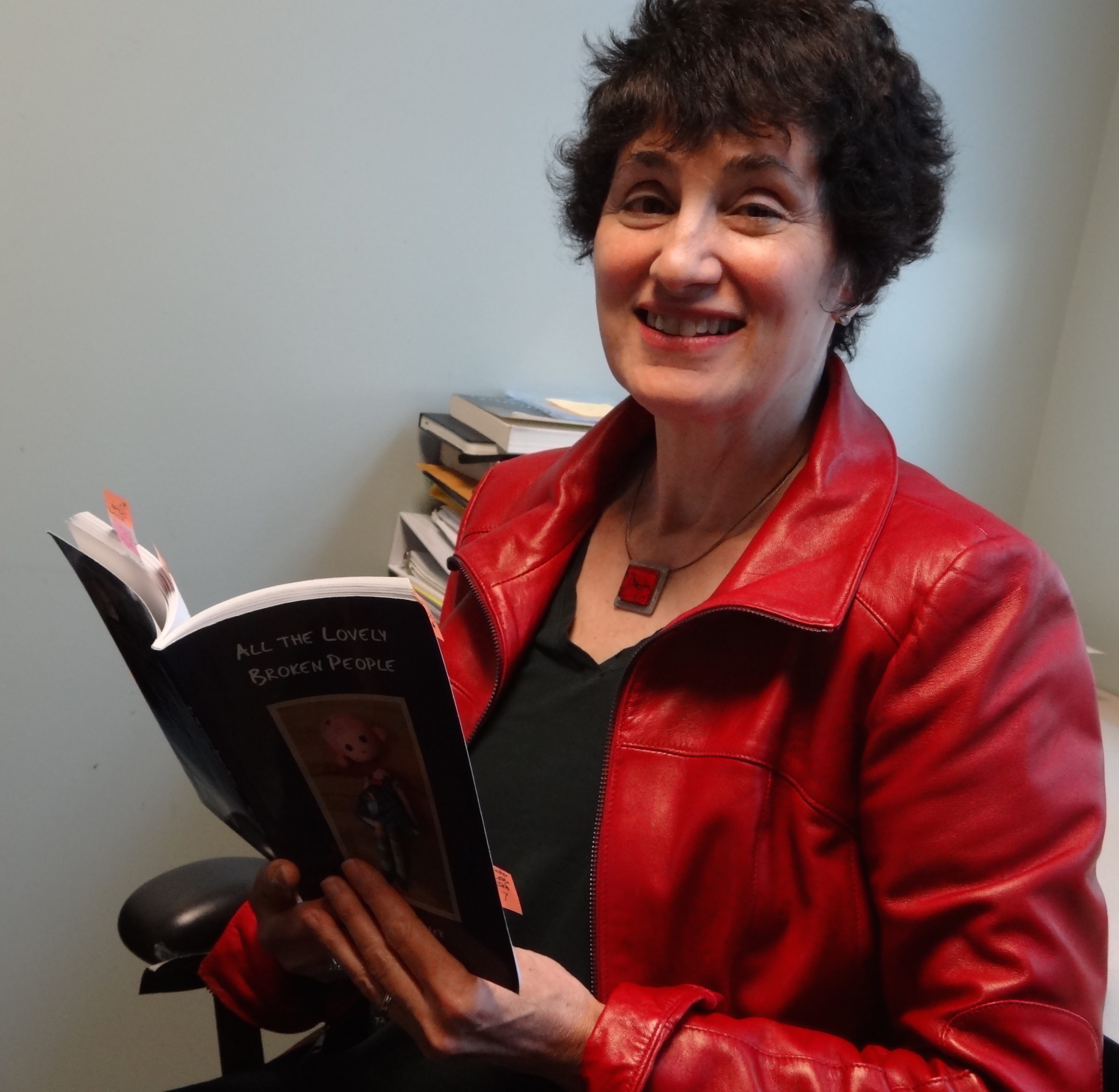By ILINA GHOSH
Staff Reporter
The poet W. H. Auden famously said, “poetry changes nothing.”
Ryerson University journalism professor Marsha Barber disagrees.

“Good poetry connects deeply with people in the same way that good journalism can. And as such, I believe both have the potential for creating change in the world. I certainly hope that’s the case.”
The book launch for her second collection of poetry, All the Lovely Broken People, will take place Oct. 21. Along with deeply personal poems, the collection includes work that deals with the wider world and larger social issues. Barber cites the example of Photo of the Doomed Man, a poem from this collection relating directly to her background in journalism.
“A man was pushed onto the subway tracks in New York in 2012. A photojournalist took a picture as the man tried to escape an oncoming train. Was this ethically correct or should the photographer have tried to save the man? This poem is about the decision to publish that kind of photograph.
“Poetry has the potential to help people think differently or more broadly about difficult subjects,” she said.
Barber recently presented this poem at a 2015 100,000 Poets for Change reading in Toronto. It is an event, she said, “where poets from all over the world read poetry on the same day, believing it makes a difference to public discussion and the zeitgeist of communities.” Free speech was the theme at this year’s event.
Barber acknowledges there are fewer readers of poetry than journalism, but insisted poetry can still have a profound effect.
“There are poetry sites readers who really love poetry go to every day and that has the potential to affect people at a visceral level.”
The Oct. 21 launch of All the Lovely Broken People, published by Ottawa’s Borealis Press, will take place at Ryerson’s Oakham House from 5:00 p.m. to 7:30 p.m.
